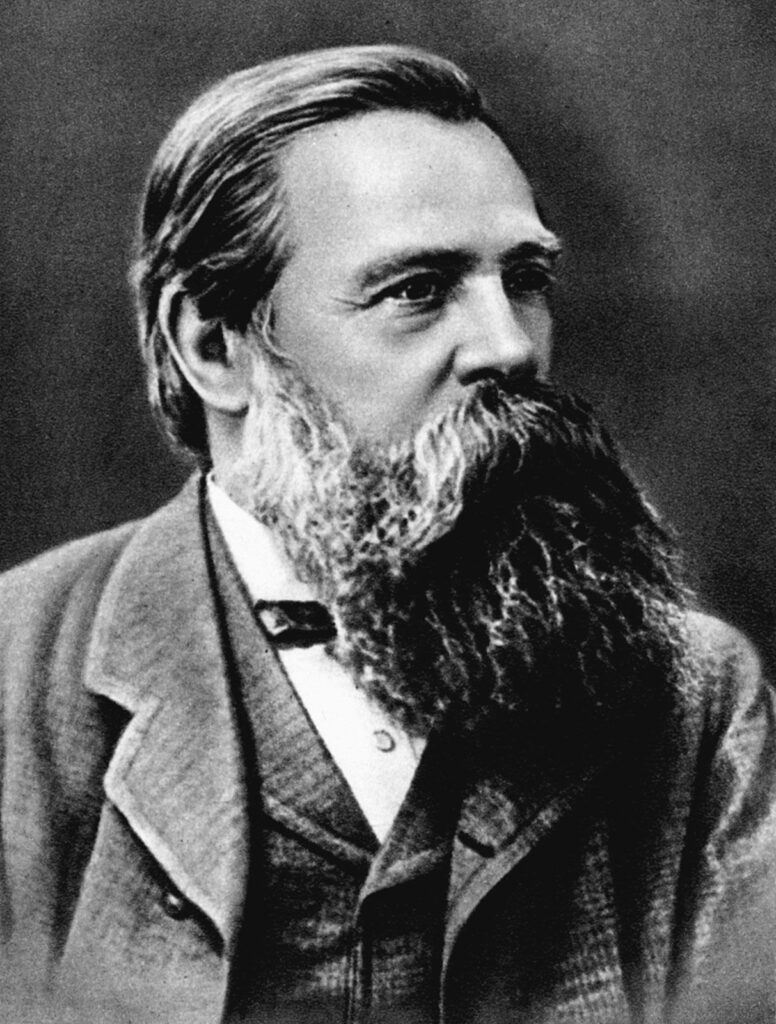The article discusses “oligarchy,” defined as a government exercised by a small, often privileged group for corrupt purposes. Notably, oligarchies can manifest as plutocracies, where wealth dictates power. Aristotle framed oligarchy as a debased form of aristocracy, where rule is by the unjust rather than the best. Typically, these governing elites emerge from a ruling caste defined by social divisions.
The notion that all governments ultimately condense to oligarchic rule is emphasized by thinkers like Marx and Engels, who argued that capitalists control the state, and theorist Gaetano Mosca, who spoke of a “ruling class.” Robert Michels introduced the “iron law of oligarchy,” suggesting that political organizations tend to become bureaucratic and centralized, regardless of their initial ideological aims.
Political dynamics differentiate the power of leaders in democratic versus authoritarian settings. Despite democratic advancements, oligarchies persist, seen in Russia post-Soviet Union and China since its capitalist shift. Some scholars contend that the U.S. exhibits oligarchic traits due to wealth inequality allowing elites to sway public policy against the majority’s interests.



